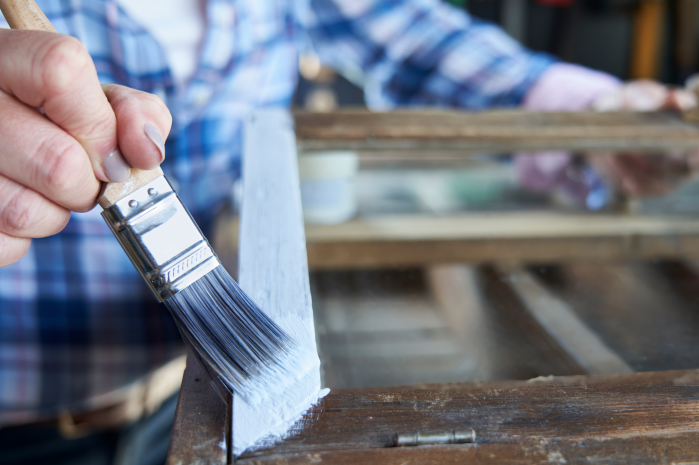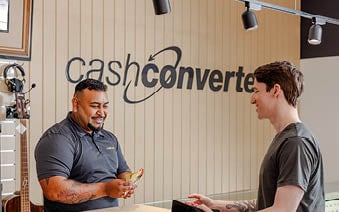How often do we find ourselves surrounded by things we don't need? In the quest for a clutter-free home, the terms ‘reuse’ and ‘recycle’ would come up a lot.
But is it the same as smartly reusing things at home?
The word ‘recycling’ gets tossed around a lot, but ‘reusing’ is another great option. While recycling is like turning old things into new stuff, reusing is about finding new jobs for things without having to change them much - like giving an old toy to a friend's kid instead of throwing it away.
Both the terms are cool, and bring great outcomes, but reusing is more about using things again without making them into something entirely new.

Reusing at home doesn't mean turning your place into a storage locker. Here's how you can do it without becoming a collector of junk.
Find things that can do more than one job. Maybe that old ladder could be a bookshelf?
Turn unwanted items into something new. An old wooden crate might become a cool coffee table with a bit of creativity, or a standalone door could be turned into a dining table. It’s about persp
If you've got things you don't need, someone else might pass it on. Ask around with friends and family – you never know if somebody could be looking for what you already have and would rather not pay for it.
Do this before you consider selling to a second-store shop.
Many folks would appreciate what you don't need anymore. Charities or local groups might be happy to take your unwanted goods. If you think your phone is old, someone might have one that’s even older so yours may be new to them.
Reusing items at home is like giving a second life to the objects surrounding us. From glass jars and old furniture to clothing and packaging materials, there are a bunch of ways to repurpose what we have.
The beauty of reusing lies not only in its environmental benefits but also in the creativity it sparks. It doesn't mean keeping every old thing you come across. It's more about being smart and using things until they're really done.
Ever wonder what to do with that empty pasta sauce jar or the coffee canister? These everyday items are the unsung heroes of reuse. Transform them into storage containers for pantry staples, craft supplies, or even a vase for fresh flowers.
By doing so, not only do you give them a new lease on life, but you also reduce the need for single-use plastic packaging.
As a staple in every home, furniture can often become tired and outdated. Instead of chucking it out, consider giving it a facelift through upcycling. A coat of paint, some polishing, or even reusing a piece for a different function can breathe new life into old furniture. Not only does this save money, but it also stops bulky items from ending up in landfills.
Unless you’re a second-hand store, many industries and companies have an environmental impact – both good and bad.
Have a go at thrifty fashion by adding second-hand treasures to your home. Resellers of vintage goods, second-hand stores, and markets offer an array of bang-for-your-buck finds, allowing you to collect all sorts of goods while reducing demand for new production.
The kitchen is a trove of reusable items often overlooked. Egg cartons can serve as seedling starters, coffee grounds make for great fertiliser, and vegetable scraps can be composted to enrich garden soil. But remember, not everything is fit for reuse – reusing plastic bottles, for starters, is something you should avoid.
By thinking beyond the bin, we not only lessen kitchen waste but also actively contribute to the circular economy.
.
Reusing isn't just about decluttering or shedding items that no longer bring joy; it's a green thing to do.
Making new stuff takes a ton of energy. By reusing what you can, you're cutting down on the need for factories to pump out more goods. Less trash and less in landfill means a happier world.
Plus, factories belch out all kinds of pollution in the air and water. The Earth isn't made of endless supplies, and reusing means we aren’t constantly reaching for new resources.
The journey towards a more sustainable lifestyle begins at home. Turn old cereal boxes into art projects or repurpose worn-out clothing into homemade rag rugs. Teach the next generation about reusable products and give them a sense of responsibility, helping them understand the impact of their choices.
In the end, whether you're recycling or reusing, both are about being smart with what you've got. So which one's better? That's entirely up to you and your lifestyle.
Here's to clutter-free homes and a planet-friendly future.

Answering your questions about loans and staying savvy

Get more bang for your buck with these handy tips.

Need some advice that’s not about cash? We can help.